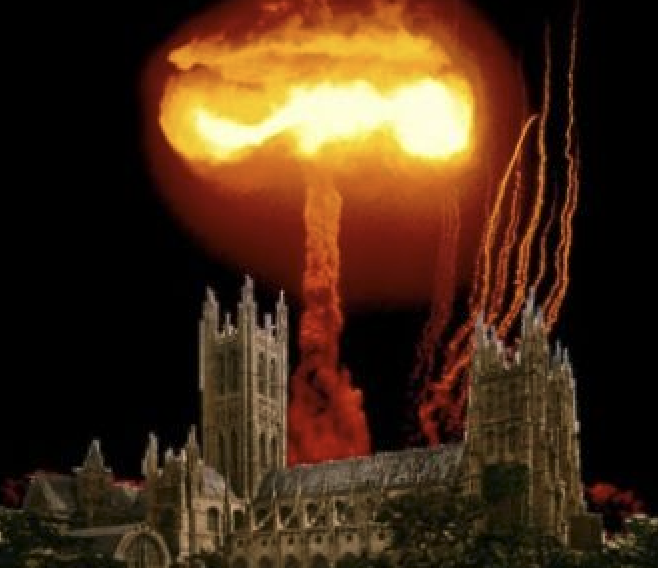Unless there is a papal election in the near future, the Vatican Synod on Synodality (#VATICAN3) will be one of the most important religion-beat stories of 2023 and 2024 (click here for the dates).
One of the first defining documents of this process was released the other day — “Instrumentum Laboris. A document of the whole Church.” Apparently this was a “religion” story, the kind of inside-baseball development that was covered by Catholic publications on the doctrinal left and right.
That surprised me, since — normally — anything about the Vatican, LGBTQ+rights and women’s ordination makes headlines. Thus, I was glad that Religion News Service published, well, a very typical RNS news story about this document. See if you can spot the big ideas in this double-decker headline:
Vatican confirm synod topics will address questions of LGBTQ+ and women deacons
The document addresses inclusivity toward LGBTQ+ faithful, the issue of female ordination and welcoming toward divorced, remarried or polygamous couples
This story include a massive gap, in terms of essential content (that’s my opinion, of course) and that provided the hook for this week’s “Crossroads” podcast (click here to tune that in). Before we go there, let’s look at a low-key document overview from The Pillar:
The document … acknowledges tensions in the synodal process, saying, “We should not be frightened by them, nor attempt at any cost to resolve them, but rather engage in ongoing synodal discernment. Only in this way can these tensions become sources of energy and not lapse into destructive polarizations.”
The goal of synodality, the document says, is to create “a Church of sisters and brothers in Christ who listen to one another and who, in so doing, are gradually transformed by the Spirit.”
A synodal Church, it says, is one marked by a willingness to listen, encounter, and dialogue, as well as by the humility to ask forgiveness for faults. It is a Church that celebrates unity in diversity and welcomes all people, while not shying away from speaking the truth in love.
For journalists who have covered decades of mainline Protestant life, terms such as “dialogue” and “unity in diversity” — perhaps even doctrinal diversity — will sound familiar.










